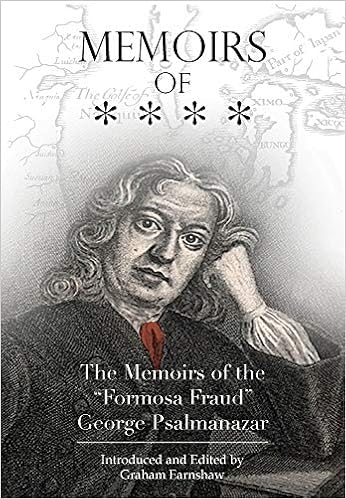I read this book last year and found it very intriguing, as well as a spot-on look at what it means to be a Millennial this days. It's the book that inspired me to make a pile of other time travel books and I think I wrote a decent review - not filler, honestly - I'm not posting filler (mumble, mumble, cough).
The Heavens is a strange mix of time-slip, love-story, dystopia and possibly schizophrenia story but if it’s about anything, it seems to be about the experience of being a Millennial. Born as the cold war ended, growing up in a time of relative peace and prosperity (in some countries anyway) but as we reached adulthood 9/11 happened, the war on terror, the credit crunch and austerity stripping all health and social care. Compared to the optimism we were born to, the world now seems like a dystopia.
Ben and Kate meet at a party in 2000, but it’s not quite the 2000 we know, the world has had a year without war and the human race seems to have really made a good start at tackling climate change. For much of her life, Kate has had a vivid dream life but now she finds herself going back in time in her sleep and living the life of Emilia Lanier, an Elizabethan poet and possibly Shakespeare’s ‘dark lady’.
Every time she wakes up from the dream world, the modern world has started to shift, at first in small ways but these accumulate quickly. What’s more, these shifts are to a world grimmer than the one she remembers, both for her personally and in general geo-political terms. This element was my favourite in the book, seeing how the characters we know have subtly changed in accordance with the world around them. It also means this is a love story where we don’t completely understand the progress of Ben and Kate’s relationship, as it’s rewritten every time she wakes up. At first her friends see her confusion at the world as a quirky ‘Kate’ thing but as things change more, they start to feel she is seriously ill and she is diagnosed as schizophrenic.
Some people read this as a book as one about schizophrenia but if she were schizophrenic, the reality of 2001 would have stabilised once she reached ours, especially as she is declared ‘better’ near the end of the book. As such the world becomes worse than ours; the mental ward with branded clothes and adverts is not our reality, not to mention talk of having launched pre-emptive nuclear weapons and a more draconian version of the patriot act. I think this makes it clear that she has been time-travelling and the world really has been changing around her.
What’s more, she’s not the only time-traveller. Before she met Shakespeare as Emilia, he also time-travelled in his sleep to help the rise in Alexander the Great, who had himself time travelled as Cassandra and seen the fall of Troy. He’s put that behind him now and is working on becoming a renowned writer, which she helps with. In the present day, she also meets José who is also a time-traveller and explains the whole deal. Time-travel was invented in the future but only worked with certain people, it caused a chain reaction that meant that each time-traveller helps the previous one become a ‘great person’ in history and later become one themselves. This has a negative side effect, each time-traveller that becomes a ‘great person’ sours the future and brings the coming apocalypse closer, so while Kate has been helping Shakespeare as Emilia, she’s been making her own present worse.
The solution would be for Kate to break the chain, to not become a ‘great person’, which José fro the future describes as a grassroots leader of some kind of rebellion but at the end of the book, Kate is doing just that, claiming that she can’t save the world so she may as well be happy. I can’t say I thought this ended the book on a hopeful note, by the end. It’s the same whistling into oblivion attitude we’ve all adopted to climate change and other existential terrors, the Millennial non-answer.
As a book, I was gripped by the way Kate’s reality shifted under her and the implications of the form of time-travel though I found the Elizabethan stuff a bit hey-nonny-nonny-ish for my taste. The book successfully encapsulates the feeling of being in a world that looks nothing like (and is far more threatening than) the one we were promised as children and sadly reaches the conclusion of wilful ignorance that seems to be one of the only ways to cope with that.







